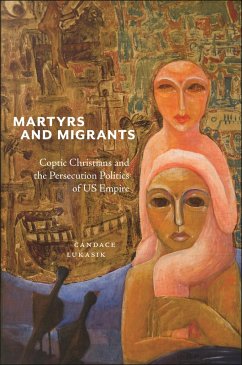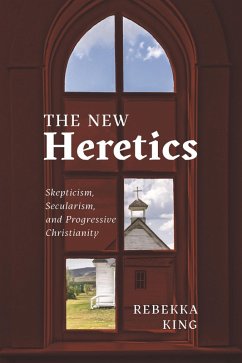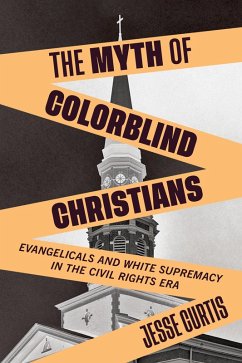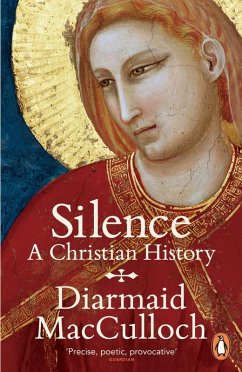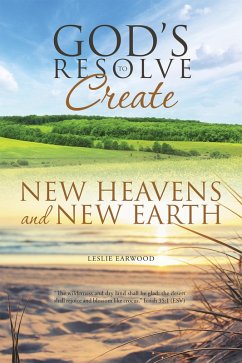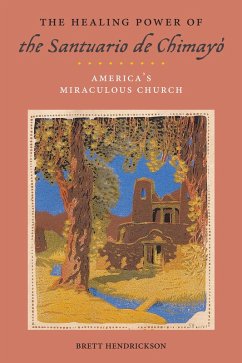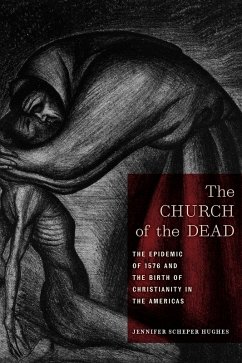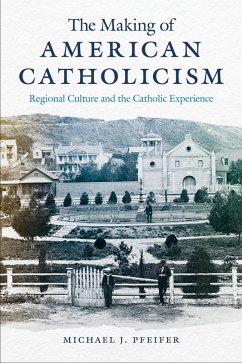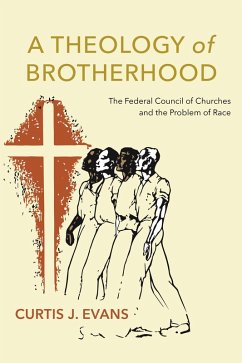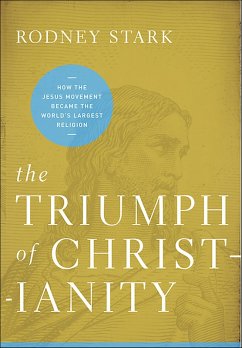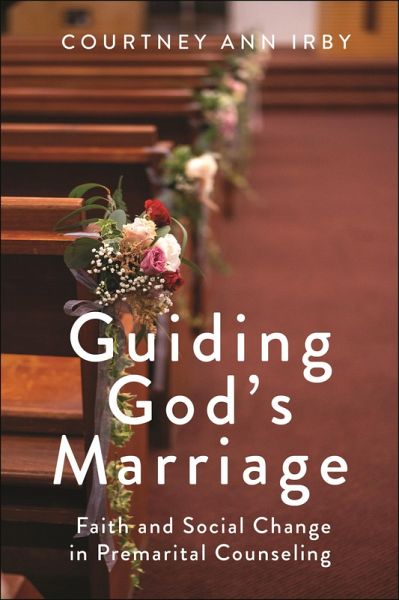
Guiding God's Marriage (eBook, ePUB)
Faith and Social Change in Premarital Counseling
Versandkostenfrei!
Sofort per Download lieferbar
22,95 €
inkl. MwSt.
Weitere Ausgaben:

PAYBACK Punkte
11 °P sammeln!
Examines how religious leaders use premarital counseling to influence how we view intimacyIt is well-known that the institution of marriage has changed dramatically in the past few decades. However, very little research has focused on the role of religious institutions in helping couples form and maintain their relationships.Guiding God's Marriage offers an examination of Christian marriage preparation programs, exploring their efforts to stabilize the institution of marriage and highlighting the tension between individualism and community in people's relational lives. Marriage preparation pro...
Examines how religious leaders use premarital counseling to influence how we view intimacy
It is well-known that the institution of marriage has changed dramatically in the past few decades. However, very little research has focused on the role of religious institutions in helping couples form and maintain their relationships.
Guiding God's Marriage offers an examination of Christian marriage preparation programs, exploring their efforts to stabilize the institution of marriage and highlighting the tension between individualism and community in people's relational lives. Marriage preparation programs offer a useful lens through which to trace shifts in both religious and family institutions because they set out clear and intentional articulations of marriage ideologies and gendered relationship scripts by faith communities. By documenting the changes in content and practices of Christian premarital education along with its advice regarding what makes a good marriage, the book charts the ways that religious communities have been transformed by and have helped to contribute to the individualization of faith and relationships.
Featuring archival research as well as first hand observations of four marriage preparation courses-two Protestant and two Catholic-along with seventy interviews with participating couples and leaders of these and other programs, the book offers a rare view of visions about how to realize a successful and faith-filled relationship. This examination of marriage classes offers key insight into how religious communities have responded to cultural changes in marriage, gender, sexuality, and intimacy.
It is well-known that the institution of marriage has changed dramatically in the past few decades. However, very little research has focused on the role of religious institutions in helping couples form and maintain their relationships.
Guiding God's Marriage offers an examination of Christian marriage preparation programs, exploring their efforts to stabilize the institution of marriage and highlighting the tension between individualism and community in people's relational lives. Marriage preparation programs offer a useful lens through which to trace shifts in both religious and family institutions because they set out clear and intentional articulations of marriage ideologies and gendered relationship scripts by faith communities. By documenting the changes in content and practices of Christian premarital education along with its advice regarding what makes a good marriage, the book charts the ways that religious communities have been transformed by and have helped to contribute to the individualization of faith and relationships.
Featuring archival research as well as first hand observations of four marriage preparation courses-two Protestant and two Catholic-along with seventy interviews with participating couples and leaders of these and other programs, the book offers a rare view of visions about how to realize a successful and faith-filled relationship. This examination of marriage classes offers key insight into how religious communities have responded to cultural changes in marriage, gender, sexuality, and intimacy.
Dieser Download kann aus rechtlichen Gründen nur mit Rechnungsadresse in A, D ausgeliefert werden.




